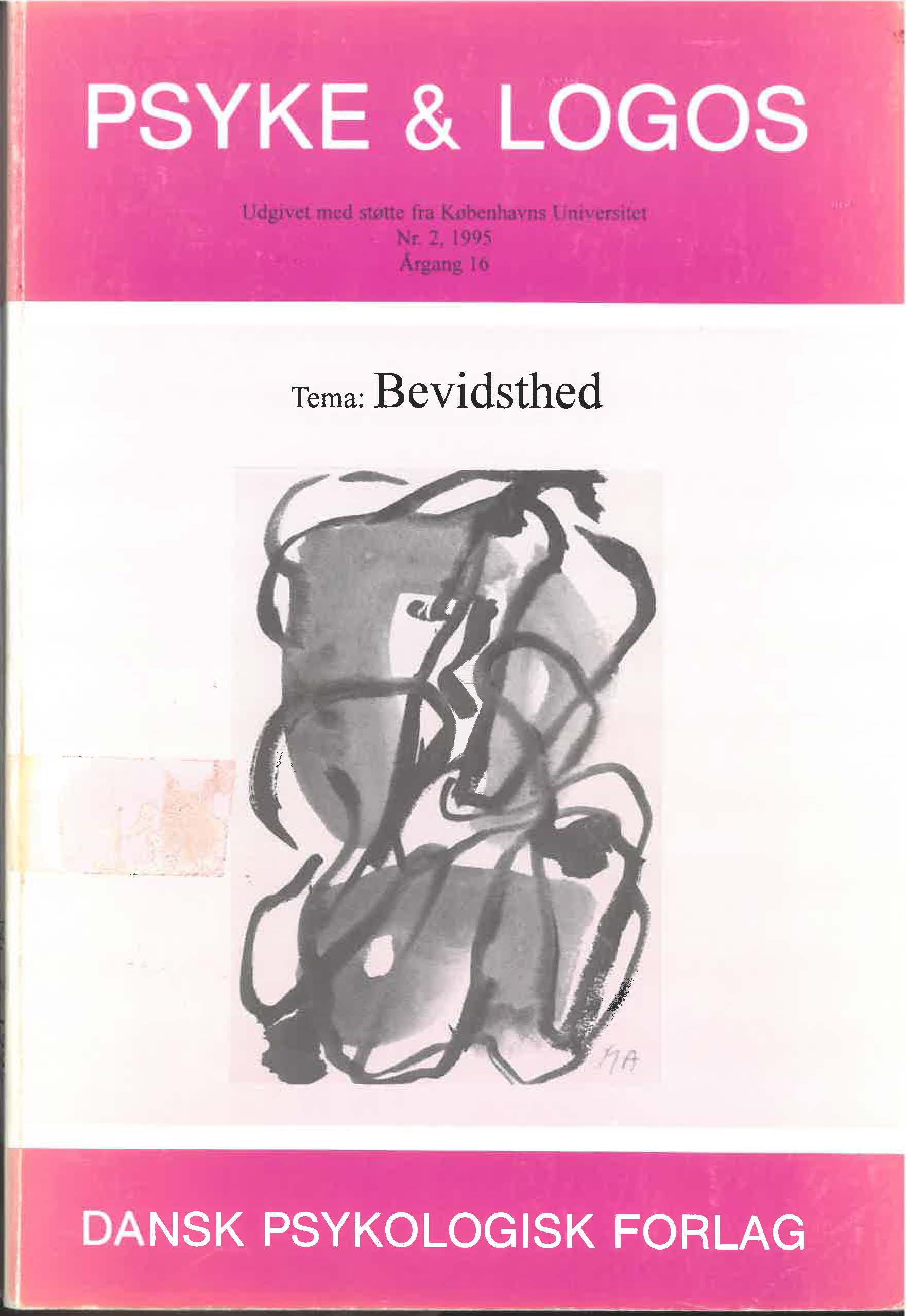Normalt og specielt oplevelsesliv
Psykologisk, psykiatrisk og filosofisk set
DOI:
https://doi.org/10.7146/pl.v16i2.134116Abstract
Experiences are the experiences of individuals. They consist in experienced items, experienced qualities connected to the items, plus other qualities of the experiences. The distinction between experiences and experienced items is important. Both normal experiences and experiences during depressive, delirious, and schizophrenic
states are codetermined by stimuli from both environment, memory, motivational and other stimuli from the individual's present state. Emotions are seen as informers of the state of the needs, and feelings as evaluations of the value of objects for one's life. Integration of biological and psychological concepts is vital in ethiological and
therapeutic research. Experiences are some qualities of some brain processes. This conception does not underestimate the importance of experiences, including spiritual ones. Material existence is ontologically important, but experiences are equally important. The position taken means that concepts of soul, consciousness, determinism, indeterminism,
behaviourism, logical empiricism, and solipsism become superfluous, if not harmful. Furthermore, such concepts lead to a lot of pseudoproblems.
Published
How to Cite
Issue
Section
License
Ophavsret er tidsskriftets og forfatternes. Det er gældende praksis, at artikler publiceret i Psyke & Logos, som efterfølgende oversættes til andet sprog, af forfatteren frit kan publiceres i internationale tidsskrifter, dog således at det ved reference fremgår, at den oversatte artikel har et forlæg i en dansksproget version i Psyke & Logos. Artikler kan frit deles og linkes til på forsknings- og undervisningsnetværk (så som Blackboard). Link foretrækkes, fordi det giver oplysning om brug af tidsskriftets artikler.




